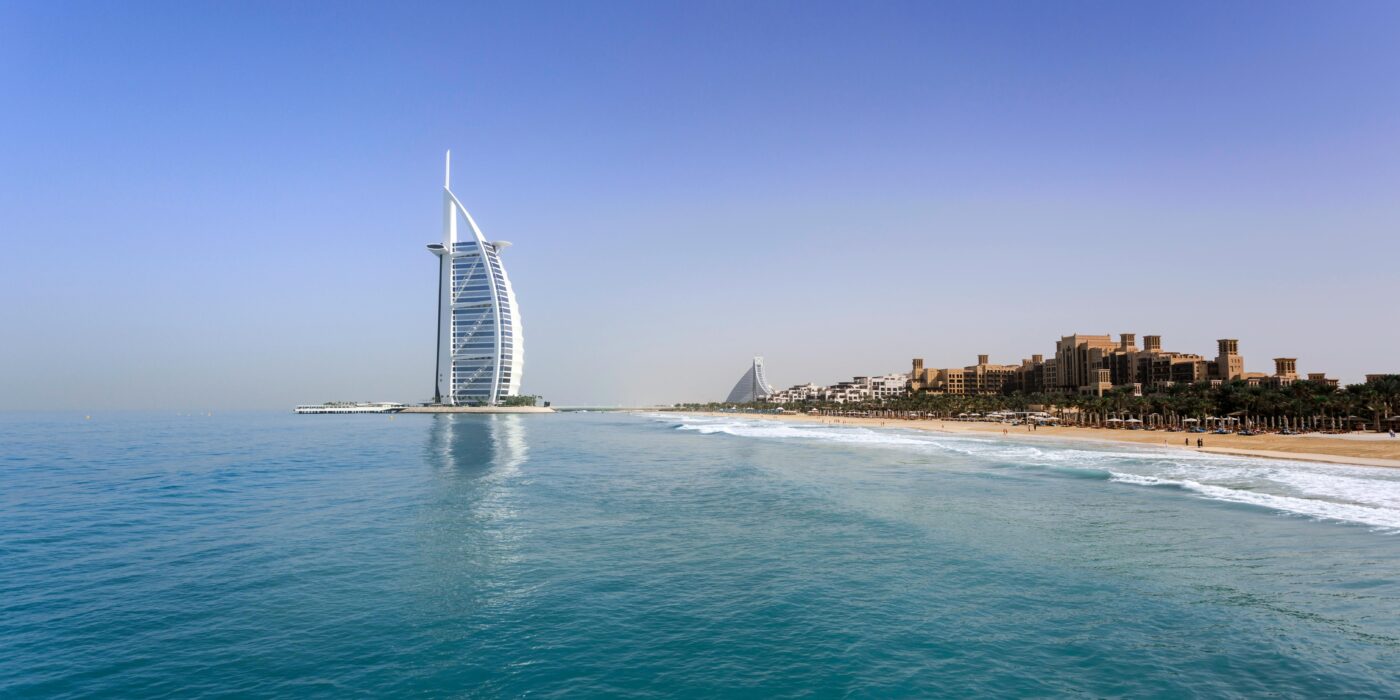10 Essential Tips for Investing in Dubai Real Estate: Your 2024 Guide
Investing in Dubai real estate can be highly rewarding, but it requires careful planning and strategic decisions. Whether you’re considering Dubai property management, rentals, or exploring the Dubai real estate market, these ten essential tips will help you navigate your investment journey successfully:
1. Assess Your Financing Capacity
Before you invest in Dubai real estate, evaluate how much you can borrow. Banks in Dubai will scrutinize your fixed income, existing debts, and personal contributions. Typically, a debt-to-income ratio below 35% is advisable. Understanding your financing limits will help you set a realistic budget and avoid overextending yourself.
2. Define Your Target Tenant Profile
Identify the type of tenant you aim to attract. In Dubai, this could range from expatriates and professionals to families or tourists. For example, families might prefer properties in areas like Jumeirah Village Circle (JVC) or Dubai Hills Estate, while tourists may be drawn to furnished apartments in Downtown Dubai or Dubai Marina.
3. Choose the Right Location
Location is critical in Dubai real estate. Invest in areas with strong rental demand and potential for capital growth. Neighborhoods like Dubai Silicon Oasis and Al Barsha are known for their rental yield and appreciation potential. Research local market trends and infrastructure developments to select the best investment location.
4. Understand the Local Market Trends
Stay informed about current market trends in Dubai. Analyze rental prices, property values, and demand in different neighborhoods. Tools like online property portals and local real estate reports can provide insights into market dynamics and help you make informed decisions.
5. Consider Tax Implications
Dubai offers a favorable tax environment, with no property tax or capital gains tax. However, be aware of potential service charges and regulatory fees. Understanding these factors can help you optimize your investment and avoid unexpected expenses.
6. Evaluate Property Management Options
Decide whether to manage the property yourself or hire a Dubai property management company. Professional services handle tenant relations, maintenance, and rent collection, freeing up your time. Self-management involves more direct involvement but can save on management fees.
7. Review the Property’s Condition
Ensure the property is in good condition before purchase. This includes checking for any needed repairs and ensuring it meets safety and quality standards. In Dubai, properties should be well-maintained and comply with the Real Estate Regulatory Agency (RERA) guidelines.
8. Optimize Your Financing with a Broker
Utilize a mortgage broker to streamline your financing process. Brokers can help you compare loan offers from various banks and secure the best rates and terms. In Dubai, brokers are well-versed in local market conditions and financing options.
9. Avoid Overemphasizing High Returns
While high returns are attractive, don’t let them be the sole focus of your investment. Aim for a stable rental yield, which typically ranges from 6% to 8% in Dubai. Investing in a property with consistent demand and manageable risks is often more prudent than chasing excessively high returns.
10. Secure Rent Guarantee Insurance
Protect your rental income with rent guarantee insurance. This insurance covers unpaid rents and offers protection against tenant default. Several providers in Dubai offer tailored policies, so compare options to ensure comprehensive coverage for your investment.
In Summary
Successfully investing in Dubai real estate requires a well-rounded approach. By assessing your financing capacity, defining your target tenant, choosing the right location, and considering property management options, you can make informed decisions. Additionally, understanding market trends, tax implications, and securing appropriate insurance will help you optimize returns and minimize risks.
For expert advice and assistance with your Dubai property management, contact us today. Let’s make your investment journey in Dubai a success!





